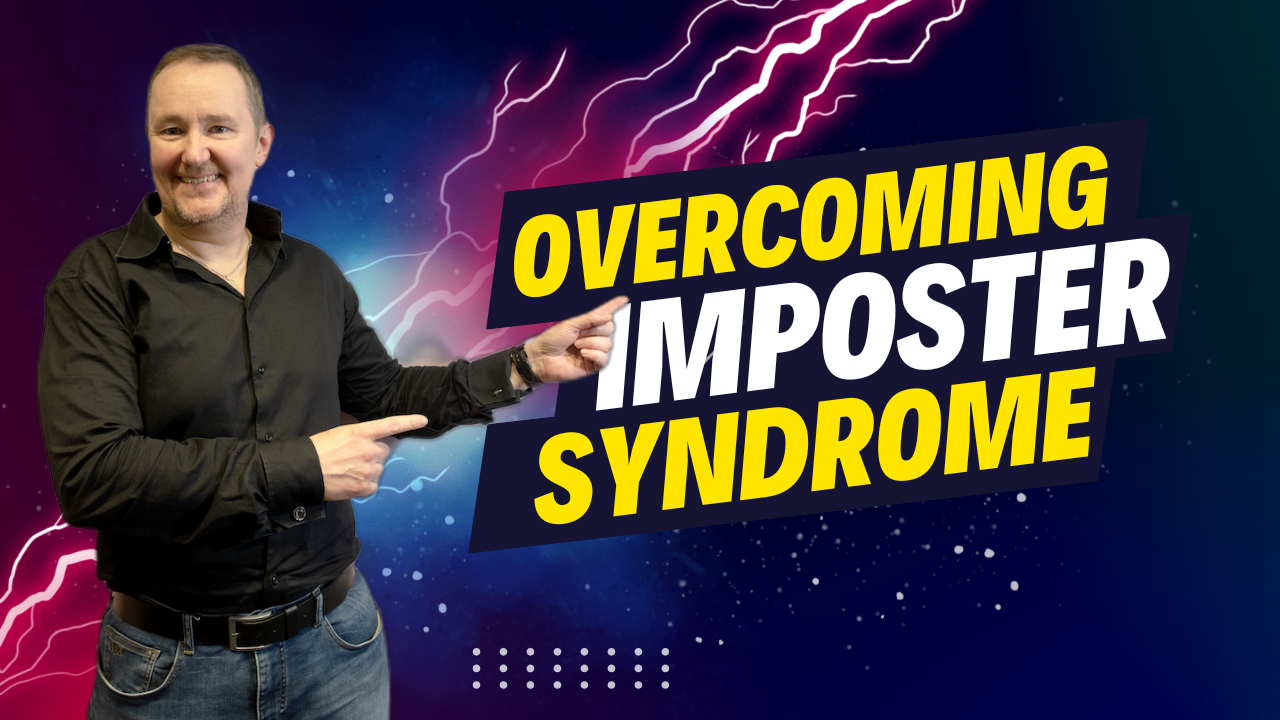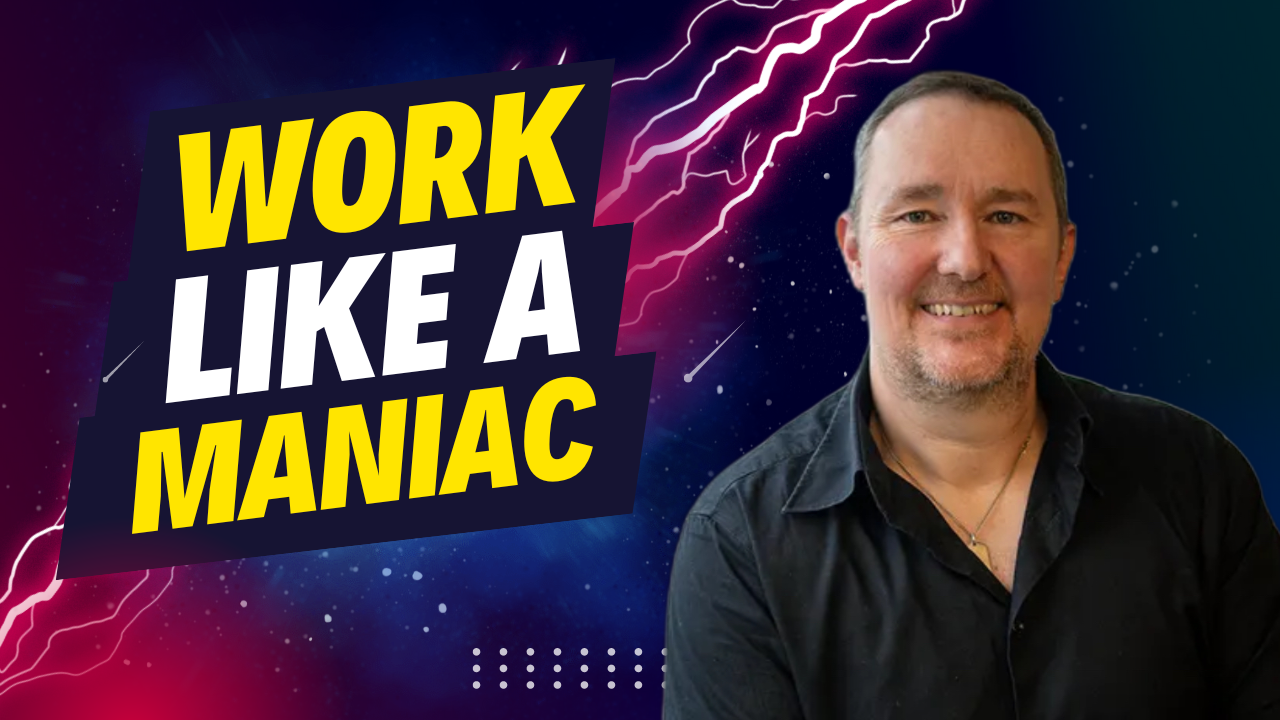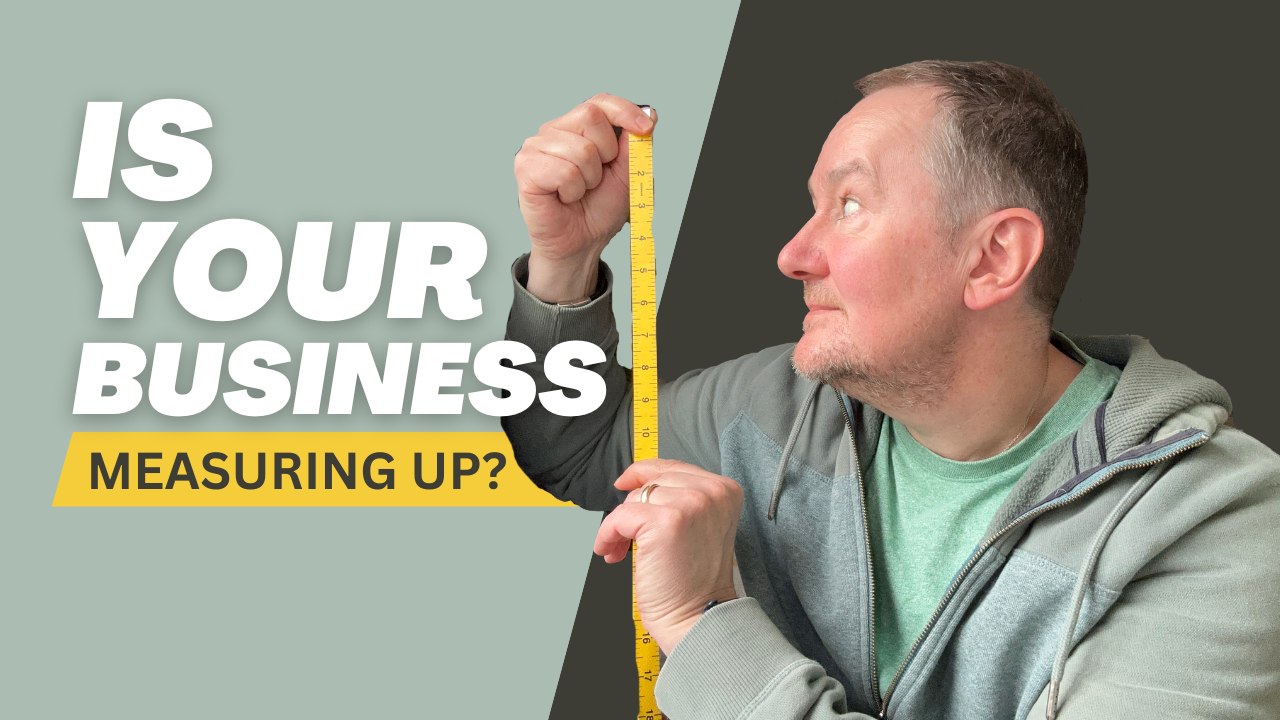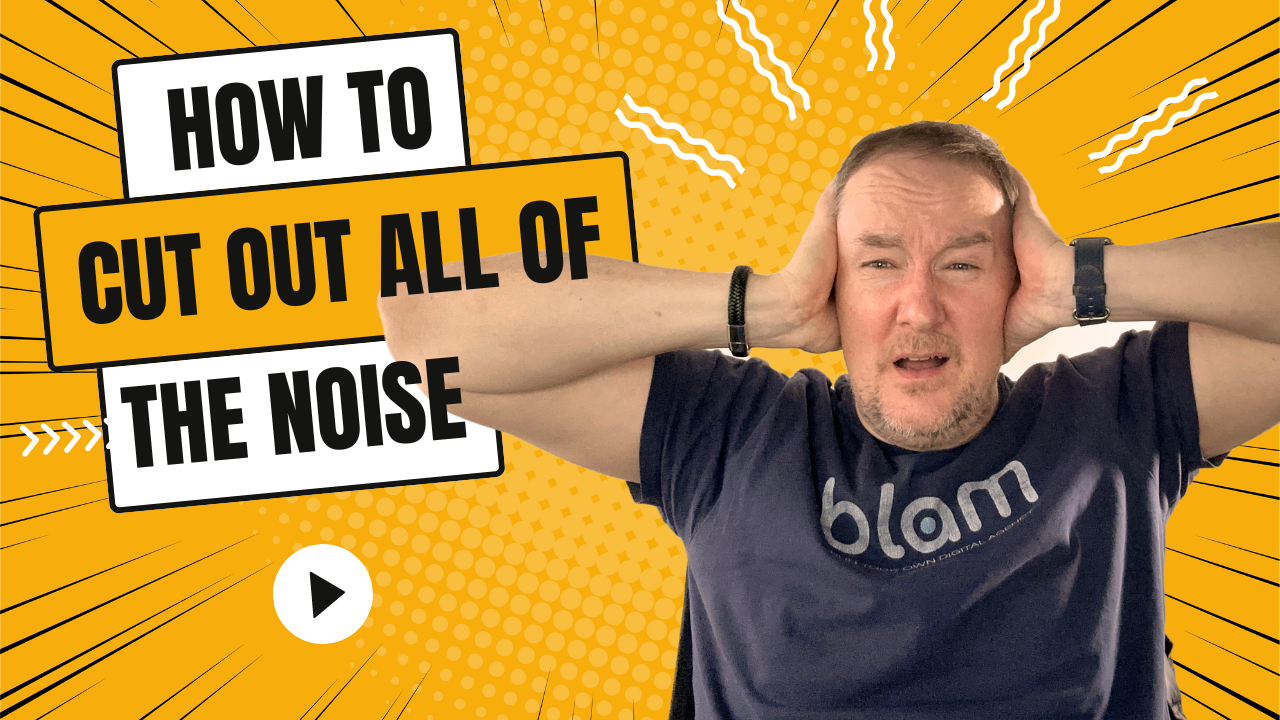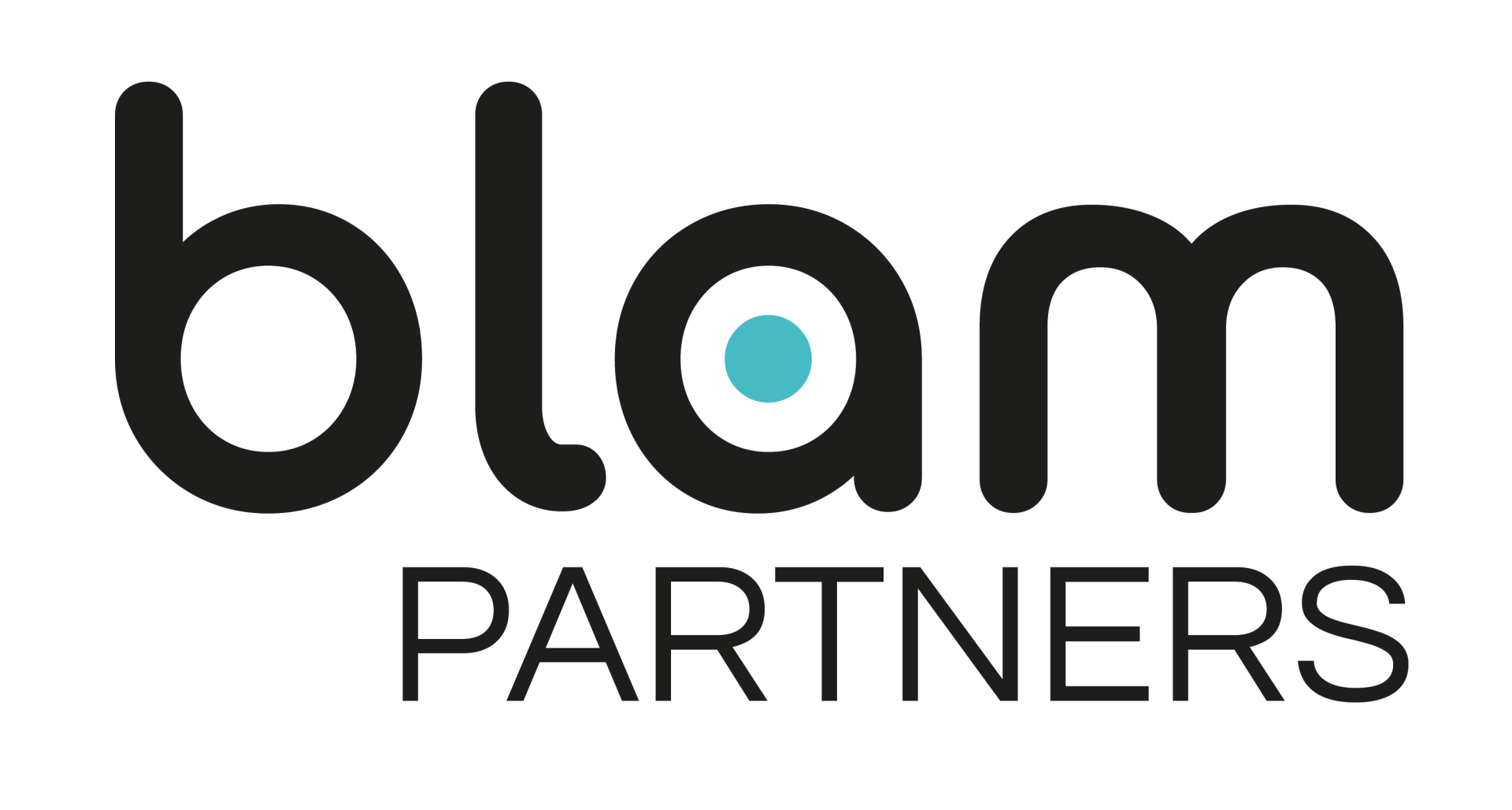Hiring A Marketing Agency vs An In-house Marketer
Most business owners tend to start up on their own as solopreneurs or even with a business partner. That often happens due to the initial lack of capital to recruit a team or simply because people are dedicated to succeed on their own. Whatever the reasons are, in most cases starting solo works fine at first. After a while, though, and especially if the business starts growing, you’ll probably start feeling you need more sales leads to capitalise on, higher website traffic or more professional communication methods to switch to. So then the question that needs to be answered is whether to bring a marketer in-house or hire a marketing agency to do the work instead.
As an in-house marketer who works for a marketing agency, I believe it’s safe to say I am suitable to analyse the pros and cons of the two without any bias.
When to hire a Marketing Agency
Unless you go for one of the fancier agencies in the market, hiring a marketing agency is obviously the cheaper option. That is most appealing to the smaller businesses out there who cannot afford full-time staff. In addition to cost, hiring an agency saves you plenty of valuable time. That is the time you would spend training new employees or worrying about which software tools to invest in for your marketing.
Hiring an agency means that you get the knowledge and expertise of a team of professionals at your disposal. Marketers who work for an agency usually have a wider experience than those working in-house as they get to deal with all sorts of different businesses and tap into several industries. Chances are they have worked for a company like yours before, and even if they haven’t, they will know exactly the type of research to do in order to get the best possible understanding of each client’s unique market and business situation. This is why a lot of brands feel safer with an agency.
That being said, picking the right agency that is willing to devote the time to understand where you’re coming from and where you want to be in the near future is crucial. Make sure you do proper research and check for client reviews and feedback where possible. If you are looking for a specialist to not only sort out your marketing but give you their knowledge and market insight as well, you might want to search for a niche agency. That might cost you a bit extra, but it is definitely worth it if your brand is lacking experience.
When to hire an in-house Marketer
In most cases, it’s best to bring someone in-house if you own a medium or large business or you need to develop an elaborate marketing strategy and feel you would benefit from someone who could work closely with yourself and your management team. There are also many cases of businesses who simply rely a lot on their communications or have a large number of customers they need to formally communicate with on a regular basis. These businesses tend to prefer having full-time staff to deal with anything marketing related that may come up.
My advice is if you can afford an in-house marketer, hire one. Make sure, though, that you have enough hours of marketing work that needs to be done on a daily basis, otherwise, you will end up with a waste of money and an unhappy employee.
Another thing you definitely want to consider before recruiting someone is finding the right person. A common mistake among small businesses is hiring staff with no marketing background or any prior experience and assuming they can deliver. Compromising on the quality of your staff is a big no and will only end up costing you more money to train and manage that person in the long run. If you cannot afford to hire the right personnel to handle your marketing, like I said before, hire the right agency!
As I always say, every business is unique and I truly believe that each entrepreneur has the instinct to make the right decision for their business. I hope these tips based on my experience within those two roles gave you a few things to consider with regards to making the right hire. Please share your opinion below!
